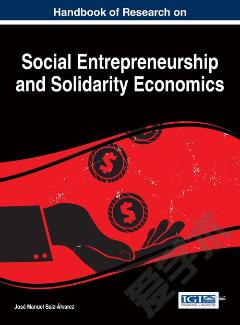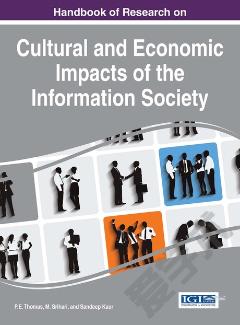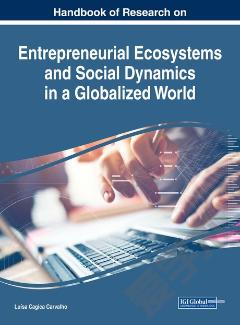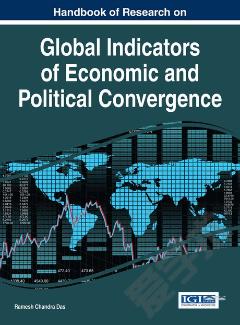Handbook of Research on Institutional, Economic, and Social Impacts of Globalization and Liberalization
Globalization is a multi-dimensional concept reflecting the increased economic, social, cultural, and political integration of countries. There has been no pinpointed consensus on the history of globalization; however, the globalization process has gained significant speed as of the 1980s in combination with liberalization. Many countries have removed or loosened barriers over the international flows of goods, services, and production factors. In this context, both liberalization and globalization have led to considerable institutional, economic, social, cultural, and political changes in the world. The liberalization and globalization processes have affected economic units, institutions, cultures, social lives, and national and international politics. The Handbook of Research on Institutional, Economic, and Social Impacts of Globalization and Liberalization provides a comprehensive evaluation of the institutional, economic, and social impacts of globalization and liberalization processes across the world. While highlighting topics like economics, finance, business, and public administration, this book is ideally intended for government officials, policymakers, practitioners, stakeholders, researchers, and academicians interested in the international impacts of globalization and liberalization across a variety of different domains.
{{comment.content}}








 京公网安备 11010802027623号
京公网安备 11010802027623号